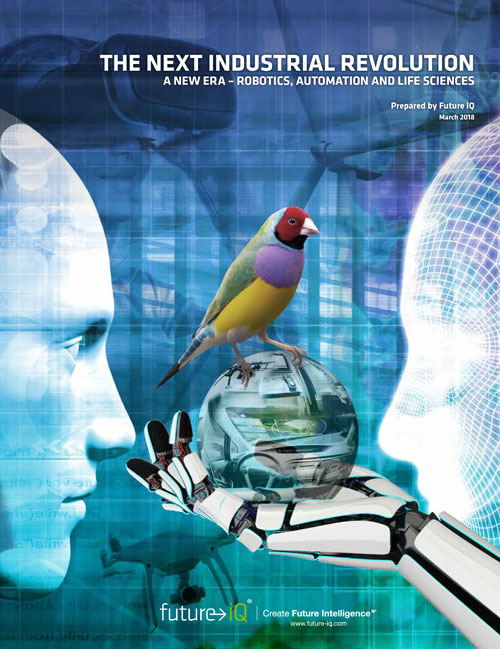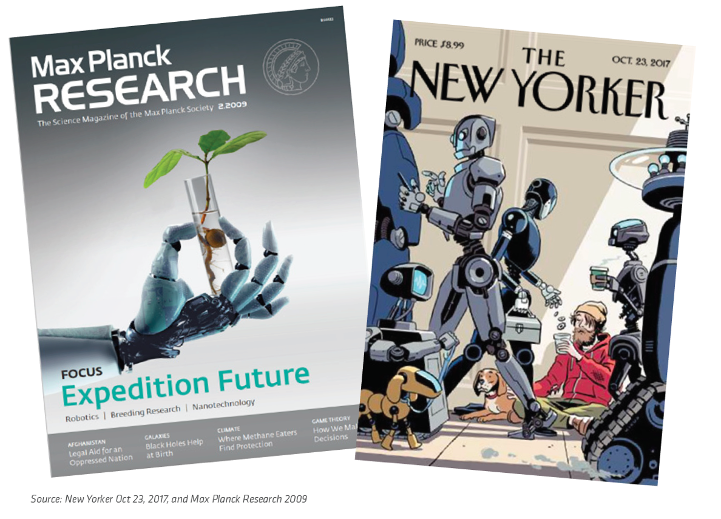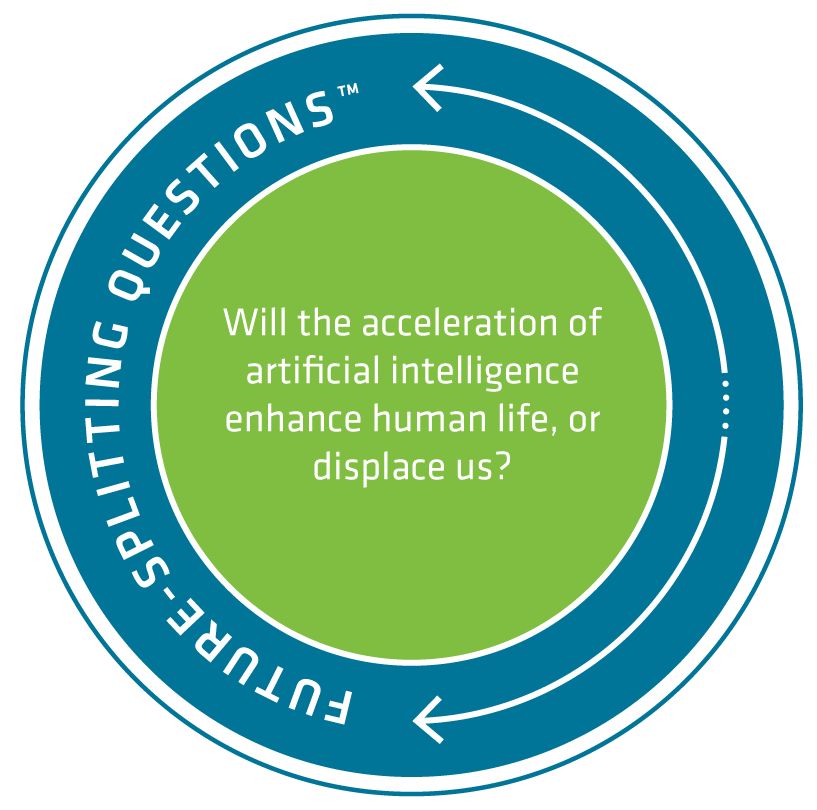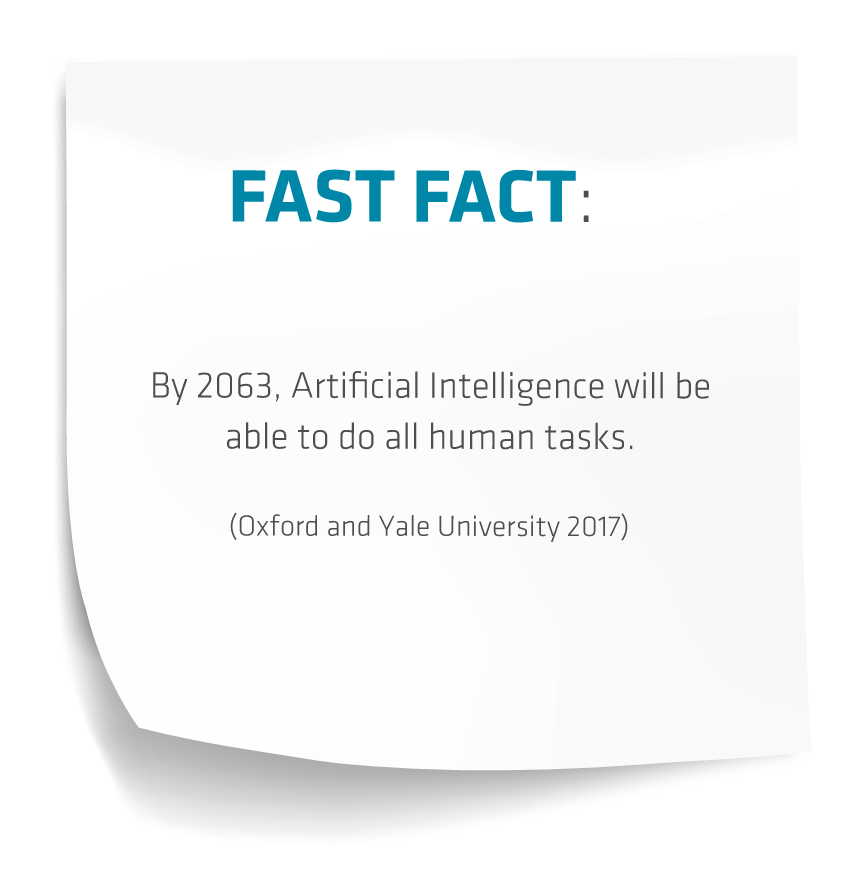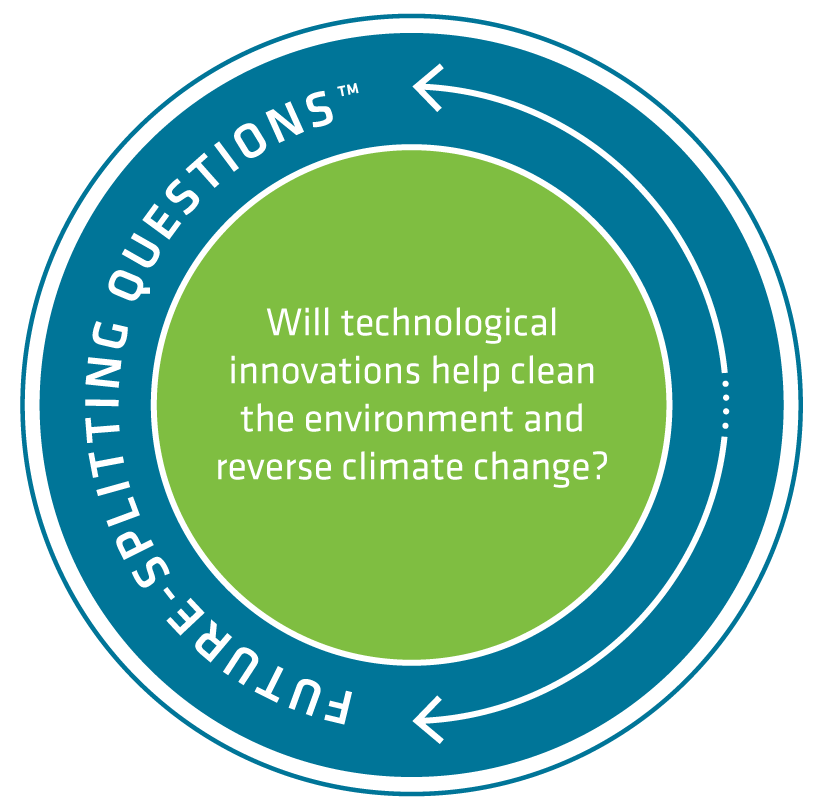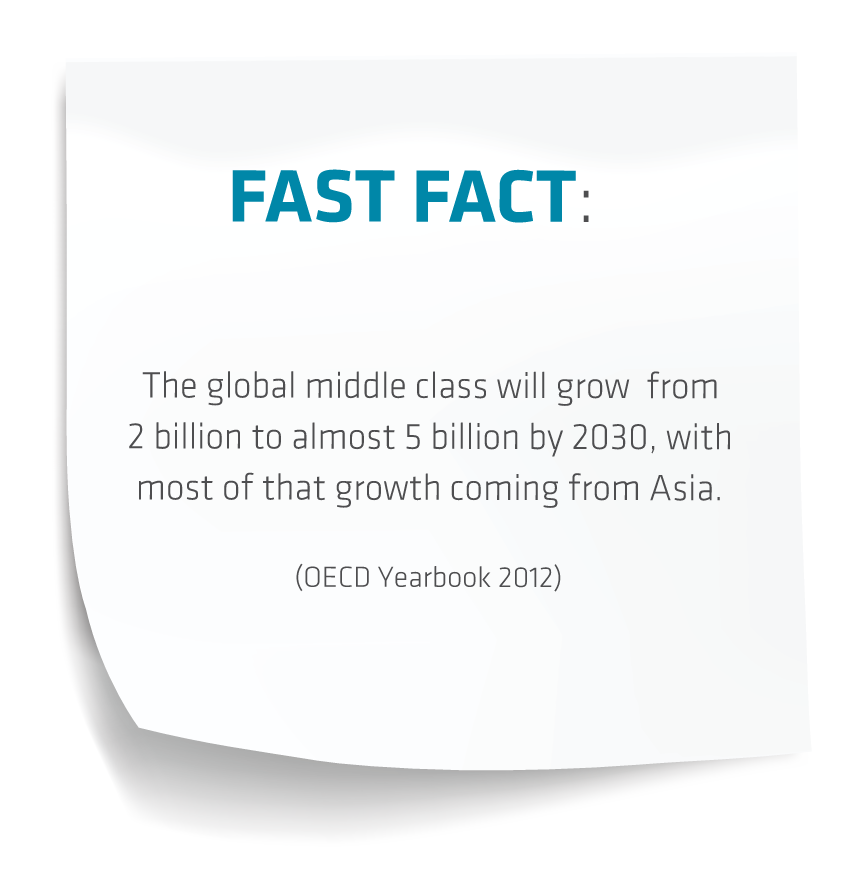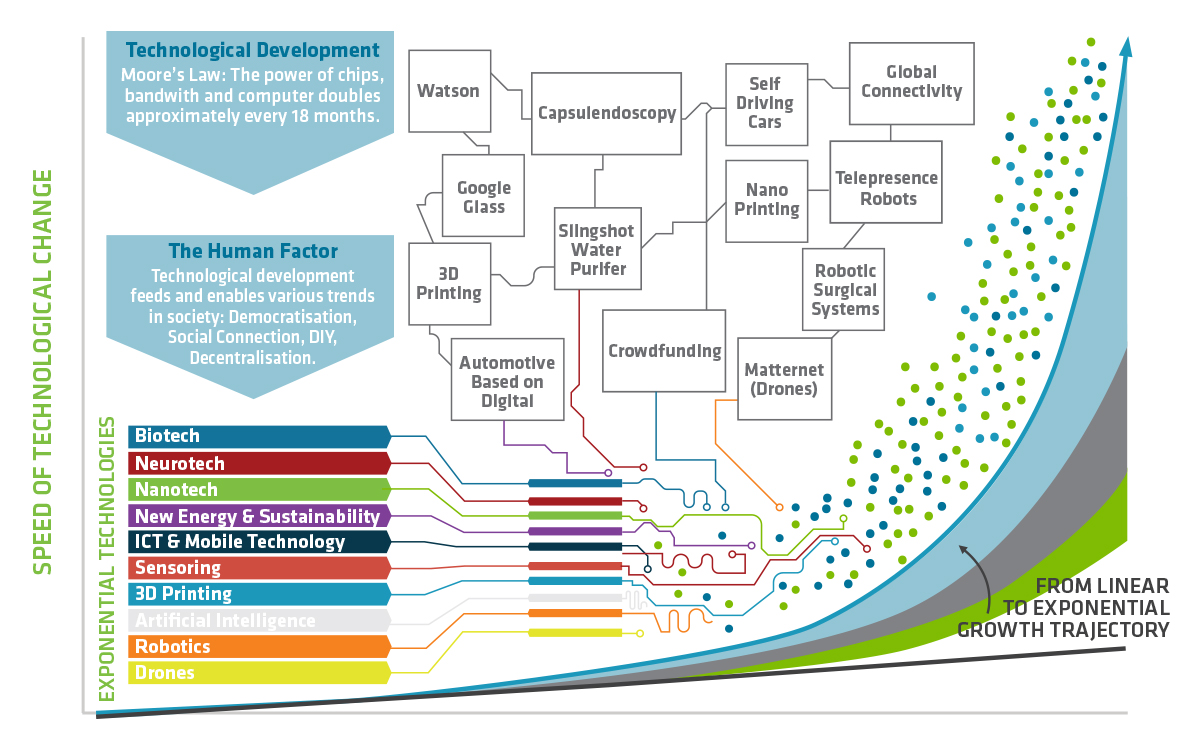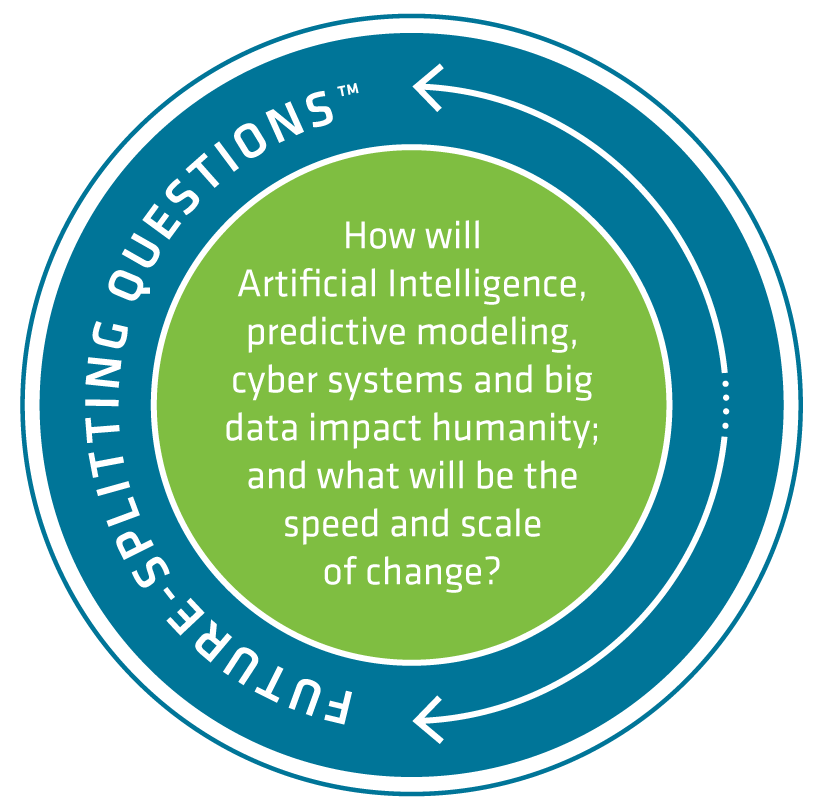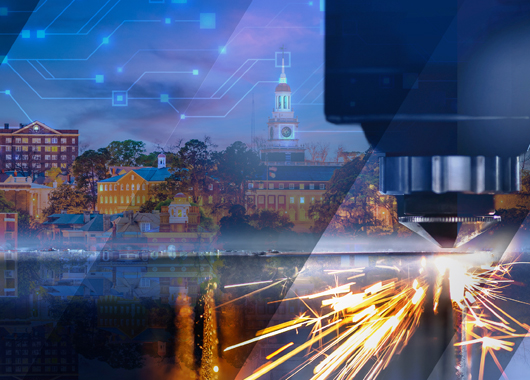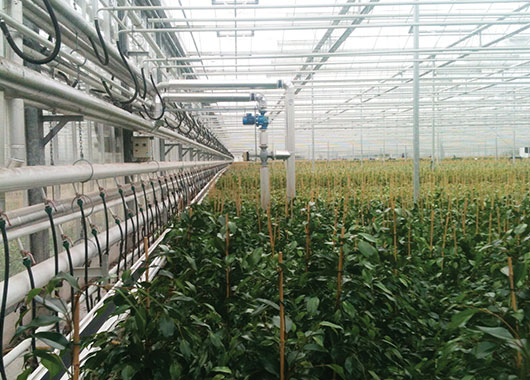What is remarkable about this stage of industrialisation is that it is being driven by the systemic transformation of technology, information and innovation on a global scale, and at a pace faster than ever before. In the foresight publication, The Next Industrial Revolution, we examine some of the factors driving this revolution which are catalytic to the many transformations taking place. Autonomous vehicles, 3D printing, robotics and automation will become the new normal. We examine the Internet of Everything and advances in life sciences and we ask some probing questions.
The world is changing – fast. We are entering a new era of the broader industrial revolution that has been occurring in stages over the last 200 years. This new era of industrial revolution, commonly referred to as Industry 4.0 or Fourth Industrial Revolution, will again profoundly change our lives and humanity.
THE NEXT INDUSTRIAL REVOLUTION REPORT (2018)
The Next Industrial Revolution is being driven by the systemic transformation of technology, information and innovation on a global scale.
THE NEXT INDUSTRIAL REVOLUTION – UTOPIA or DYSTOPIA?
There is no doubt that the Next Industrial Revolution is transforming our future. Such significant periods of industrial and societal change provoke very understandable human reactions. The range of reactions covers the spectrum from great excitement and anticipation, to a more dystopic view, and even a deep fear of an existential threat to human existence. Humans and society have proven to be remarkably resilient and adaptable.
The Next Industrial Revolution holds the promise of delivering solutions for some of our larger societal challenges, and it has the potential to deliver untold good to billions of people.
TECHNOLOGY AS A SOLUTION
Emerging from the 2020 global pandemic, society will pivot and begin to demand aggressive action on shared challenges. This will be rooted in a significant shift in global societal attitudes, driven by the shared trauma of a pandemic and highly connected younger generational cohorts. The urgency for change and action will drive decision makers to begin to aggressively address the grand challenges of society. The 2020’s will resemble the 1960’s as new innovation is unleashed and societal norms shift rapidly to seek upheaval and real change.
Source: Deloitte. 2014. Industry 4.0 Challenges and solutions for the digital transformation and use of exponential technologies.
Future iQ Predictions
- Innovative and entrepreneurial private sector enterprises coupled with large philanthropic foundations will seek out progressive cities and countries to try new solutions.
- People will increasingly look to technology for radical global solutions on previously intractable systemic problems and challenges. This drive will simultaneously come from the developed economies, economies in transition, and developing economies.
- Young people will demand real change as they confront the inherited challenges of pollution, dwindling resources and social inequalities. This will accelerate the speed of change.
The Next Industrial Revolution is characterised by a range of new technologies that are bringing together digital, physical and biological systems.
SPEED OF CHANGE – THE RELENTLESS EXPONENTIAL NATURE OF TECHNOLOGY
We are on the cusp of an artificial intelligence wave. The combined forces of cloud computing, big data and machine learning creates a rich environment for an explosion of artificial intelligence powered innovation. This will only amplify the relentless speed of change.
The Increasing Capability of Digital Technologies
Source: Transformation Initiative Mining and Metals Industry, White Paper, World Economic Forum/Accenture Analysis, January 2017.
Future iQ Predictions
The benefits of technology will lead to a new scientific renaissance, where scientific endeavor and innovation will be highly prized.
- Humans will rapidly adapt to a seamless technology-based world, where concerns of privacy and ‘big brother’ will fade into the background. The shared collective benefit will be seen to outweigh individual concerns.
- Countries that are able to harness technological breakthroughs will gain significant advantage and strive ahead, leaving slow adapting or poorer nations further behind.
- The line between human and machine will continue to blur.



